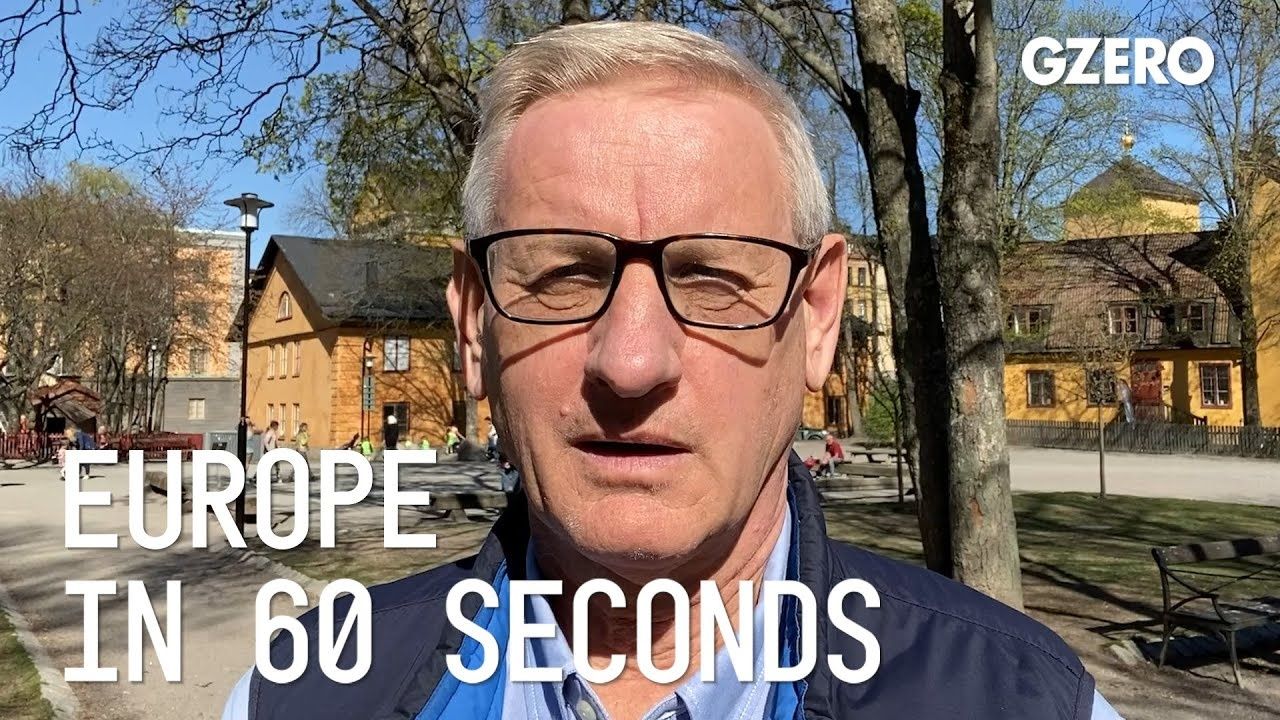
Will the European Stability Mechanism be enough to help the member states overcome the crisis?
No, but it will be an essential part of the solution. But there is an ongoing discussion, not entirely easy. And there will be a combination of different instruments, the European Stability Mechanism, there will be, most probably, quite a lot through the regular EU budget that would be augmented. There's the European Investment Bank and there are all of the instruments at the disposal of the European Central Bank. So, a lot of bazookas will be needed to handle this crisis.
What are the challenges and opportunities for Europe in this particular crisis?
Well I can go on for quite some time over that one. The challenges, of course, to first to fight the virus and then to engineer and help member states with a recovery that is credible and that is lasting and that will be demanding in itself. The opportunity, perhaps it is an opportunity to take the global leadership on and say, the health issues. Where the United States clearly doesn't want to do it. And the credibility of Chinese has been somewhat dented by what's been happening. So that's one possibility.